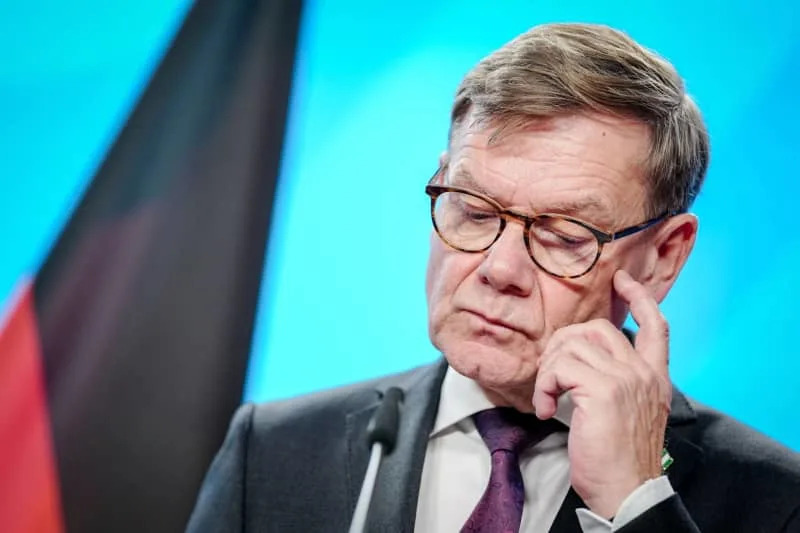French inflation decreased slightly in October 2023, registering a rate of 4.4%, despite an unexpected surge in economic growth. This shift indicates a potential easing of price pressures in the country, which has been grappling with high inflation rates for several months.
The latest data from the National Institute of Statistics and Economic Studies (INSEE) revealed that inflation fell from 4.6% in September. This decline came as analysts anticipated a more significant impact from the economic recovery, which has shown resilience in the face of ongoing global challenges.
Economic Growth and Inflation Trends
The French economy demonstrated remarkable strength, with a quarterly growth rate of 0.4% reported for the third quarter. This growth has sparked discussions among economists regarding the relationship between inflation and economic activity. The European Central Bank (ECB) has maintained its interest rates in light of such economic indicators, aiming to balance growth with inflation control.
Despite the positive economic performance, inflation remains a concern for many consumers and businesses. Higher energy prices and ongoing supply chain disruptions have continued to exert upward pressure on prices. The latest figures indicate that energy costs have contributed significantly to inflation, although the government has implemented various measures to mitigate these effects.
Government Response and Future Outlook
In response to the easing inflation, French officials have expressed cautious optimism. The Minister of Economy and Finance, Bruno Le Maire, noted that while the figures are encouraging, vigilance is essential to ensure that inflation does not resurge. The government plans to monitor economic indicators closely, particularly as winter approaches and energy consumption typically increases.
Looking ahead, economists predict that inflation may continue to moderate if economic growth remains steady and external pressures ease. However, uncertainties in global markets and potential geopolitical tensions could impact this outlook. The ECB’s decisions in the coming months will likely play a significant role in shaping the economic landscape in France and the broader Eurozone.
As the situation develops, stakeholders across various sectors will be watching closely to gauge how these inflation trends will influence consumer behavior and business investment in the months to come.







